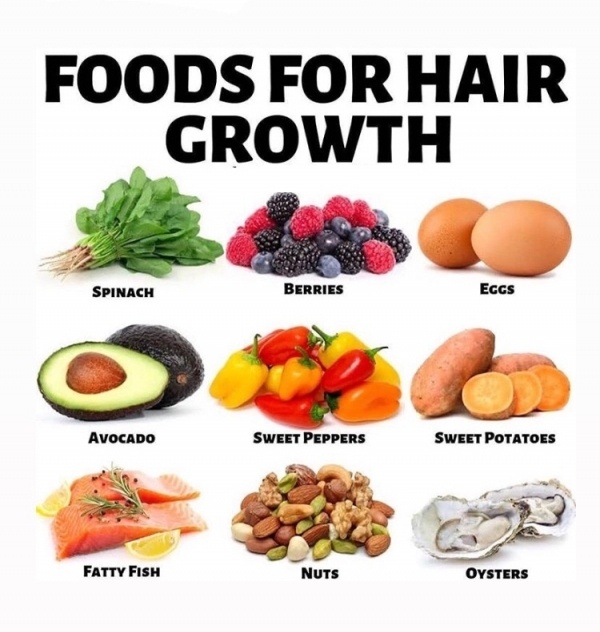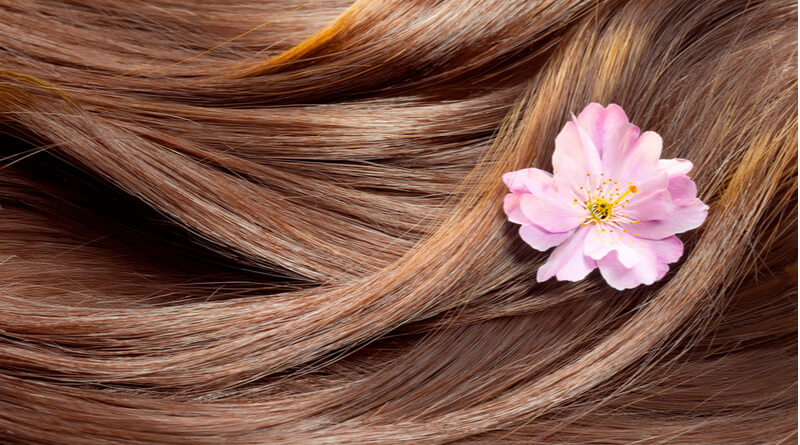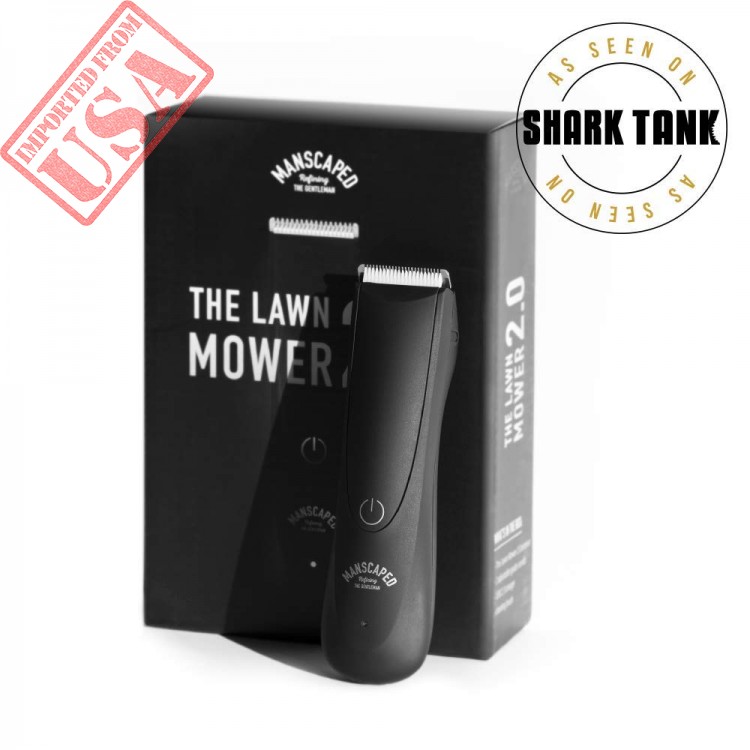Table Of Content

They are not medicines and are not intended to treat, diagnose, mitigate, prevent, or cure diseases. Be cautious about taking dietary supplements if you are pregnant or nursing. Also, be careful about giving supplements to a child, unless recommended by their healthcare provider. Dr. Wendel also recommends beans as another vegan-friendly source of iron and protein. Just 1/2 cup of white beans gets you nearly 9 grams of plant protein and 3.5 grams of iron, not to mention about 6 grams of gut-filling fiber, some zinc, selenium, and folate, too.
Try Eating These Foods Before Splurging On A Pricey Hair Supplement - Yahoo Singapore News
Try Eating These Foods Before Splurging On A Pricey Hair Supplement.
Posted: Sun, 05 Nov 2023 07:00:00 GMT [source]
Vitamin E
Essential oils not only smell good, but they may also help promote hair growth. You’re born with all the hair follicles you’ll ever have, including around 80,000–120,000 on your scalp. With vitamin C’s important role in collagen production, and vitamin A’s role in sebum production, both vitamins do wonders for your scalp health. Sweet potatoes are high in vitamin A, biotin, and some vitamin C, says Prest, all of which are known to boost your hair growth.
We've put together a list of the best foods for healthy hair. Eat your way to fuller, stronger hair:
8 Best Dog Foods for Hair Loss in 2024: Reviews & Top Picks – Dogster - Dogster.com
8 Best Dog Foods for Hair Loss in 2024: Reviews & Top Picks – Dogster.
Posted: Wed, 20 Mar 2024 04:26:46 GMT [source]
By implementing these changes, you'll notice progressively stronger, healthier hair over time. Proper nutrients are needed for your hair and the rest of your body to thrive. "It's important to incorporate a healthy diet to gain nutrients and vitamins to support the health of your hair," Hurtado says. From color treatments to heat styling, a number of factors can lead to weakened, less-than-shiny hair.
Eggs for Growth
According to board-certified dermatologist Sharleen St. Surin-Lord, our bodies require a diet high in plant-based foods, fiber, antioxidants, and protein for optimal hair growth. Spinach is also a great plant-based source of iron, which is essential for hair growth. Iron helps red blood cells carry oxygen throughout the body to fuel your metabolism and aid growth and repair (8). Oftentimes, trying to make your hair grow faster feels like a Sisyphean task, regardless of how many hair growth vitamins and hair growth serums you incorporate into your daily routine. When your hair is damaged and brittle, you might find that it breaks off long before it can reach its full potential—and you’re not alone.
Nuts
Oral collagen supplements may be sold as pills, powders, or certain foods. They may be in the form of collagen peptides or hydrolyzed collagen, which are forms of collagen that are broken down and more easily absorbed. Collagen supplements contain amino acids (the building blocks of protein). They may also contain additional nutrients such as vitamin C, zinc, or biotin. Iron helps to transport oxygen to the cells in our body which may promote hair growth, says Gans.
Collagen Powder
Antioxidants can help prevent damage to follicles from free radicals. Vitamin C also helps your body absorb iron, which is necessary for hair growth. If almonds aren't your thing, other sorts of nuts may help with hair growth, too.
In fact, the average sweet potato packs nearly six times your daily value of vitamin A, “which aids in sebum (a.k.a. oil) production and also may help speed up the rate of hair growth,” Dr. Klein says. Plus, all that vitamin A benefits your eye health and immune function, too. One 2022 review found vitamin E to help combat skin lipid peroxides, which has a strong correlation to hair disorders that may result in loss. Tofu is Gorin's preferred plant-based source of protein because it's a complete protein. This means it contains all of the essential amino acids your body needs to function properly, but can't make on its own. And your body (and hair) need plenty of those essential amino acids and protein to prosper.
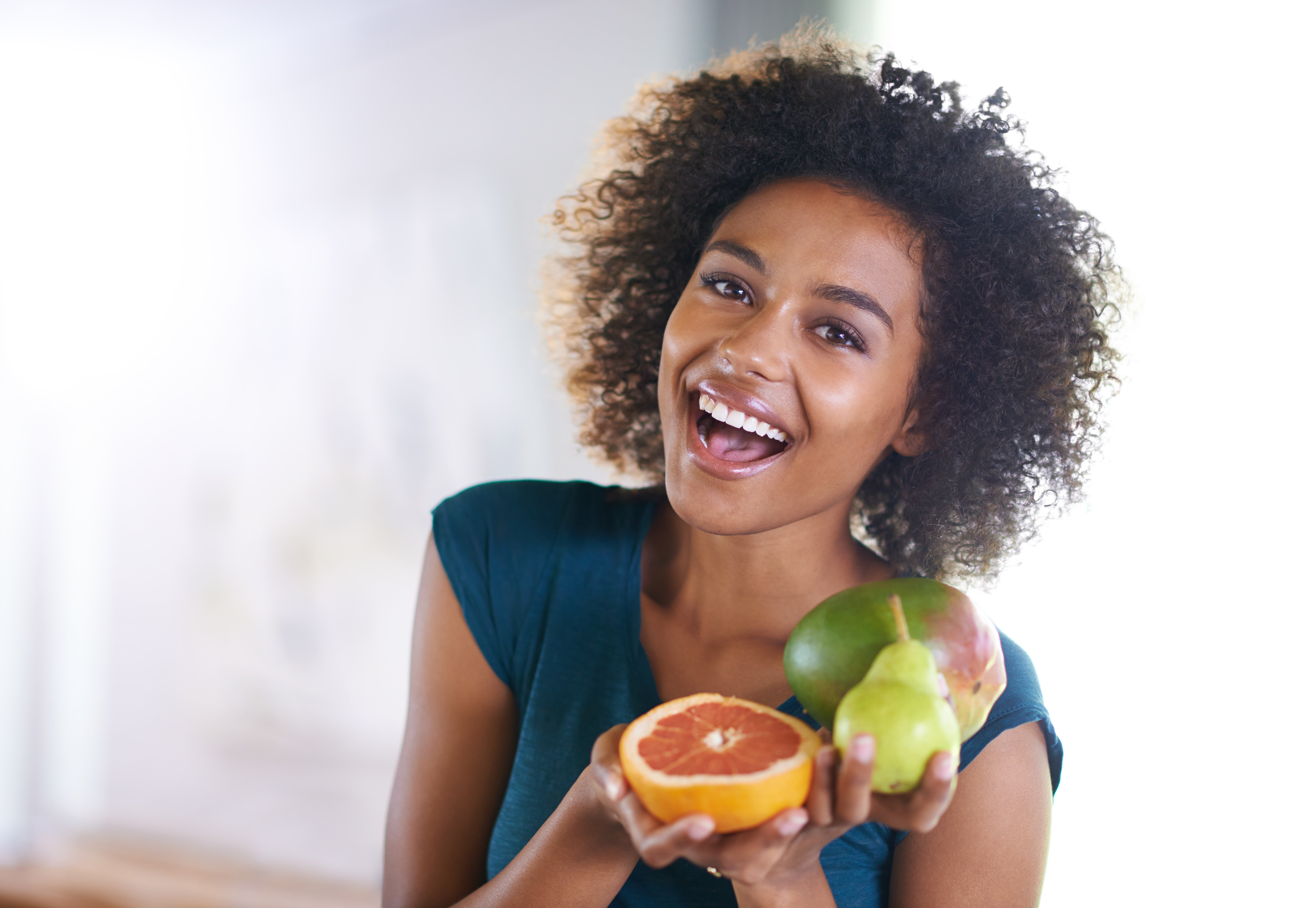
Grilled chicken is one of the best sources, with 8.9 mg of B3 per for every three ounces. Vitamin E also protects areas of the skin, like the scalp, from oxidative stress and damage. Damaged skin on the scalp can result in poor hair quality and fewer hair follicles (18). They are excellent sources of omega-3 fatty acids, which may support hair growth. Spinach is a healthy green vegetable loaded with beneficial nutrients like folate, iron, and vitamins A and C, which are important for hair growth (7).
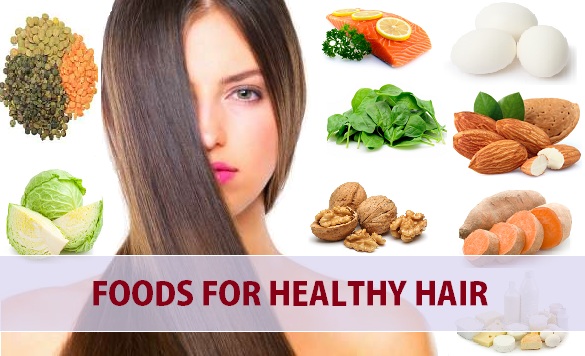
“Peppers are high in vitamin C which acts like an antioxidant and a collagen producer which can assist with hair growth,” says Wheeler. “Zinc is an antioxidant mineral that also increases keratin production,” Yawitz says. Strawberries, in particular, are a nutritional dynamo, with about 150% of your daily vitamin C needs in one cup of sliced berries. The red berries may even help control blood pressure and support brain health, keeping everything in and on top of your head in great shape.
People who have gout or other conditions that require them to limit protein intake should avoid collagen supplements. Collagen is a structural protein found in tissues in skin, hair, nails, cartilage, bones, and tendons. By working with other substances, such as elastin and hyaluronic acid, collagen helps maintain skin elasticity, volume, and moisture. Collagen also helps make up proteins (such as keratin) that form hair, nails, and skin.
Flaxseeds, chia seeds, sunflower seeds, and pumpkin seeds all contain nutrients necessary for hair health, such as vitamin E, zinc, and selenium. Flaxseeds and chia seeds also provide hair-loving omega-3 fatty acids. In one study on mice, the topical application of pumpkin seed oil was shown to promote hair growth, though studies in humans are needed. Adding a mask to your arsenal is a surefire way to arm your hair with the nutrients needed to remain strong and healthy.
Collagen is found in deeper layers, but collagen fibers are too large to permeate the outer skin layers, and peptides (shorter chains of collagen) are unsuccessful. There isn't evidence from human studies that collagen taken orally will end up in one's skin, nails, or hair. There’s been mixed evidence on whether dairy, particularly cow’s milk, can exacerbate acne, the American Academy of Dermatology (AAD) notes. Speak to a healthcare professional before cutting dairy from your diet, as it contains other nutrients. On the other hand, some foods are better enjoyed occasionally, including ultra-processed and fried foods, sugary treats and beverages, and alcohol. However, a 2020 study indicated several risks to taking supplements for beauty, including an increased risk of cancer with long-term use.
You can get folic acid with plenty of fresh fruits and vegetables, especially citrus fruits and tomatoes. Whole-grain and fortified-grain products, beans, and lentils also have it. Though mangoes are delicious on their own, you don’t need to simply eat them straight.

